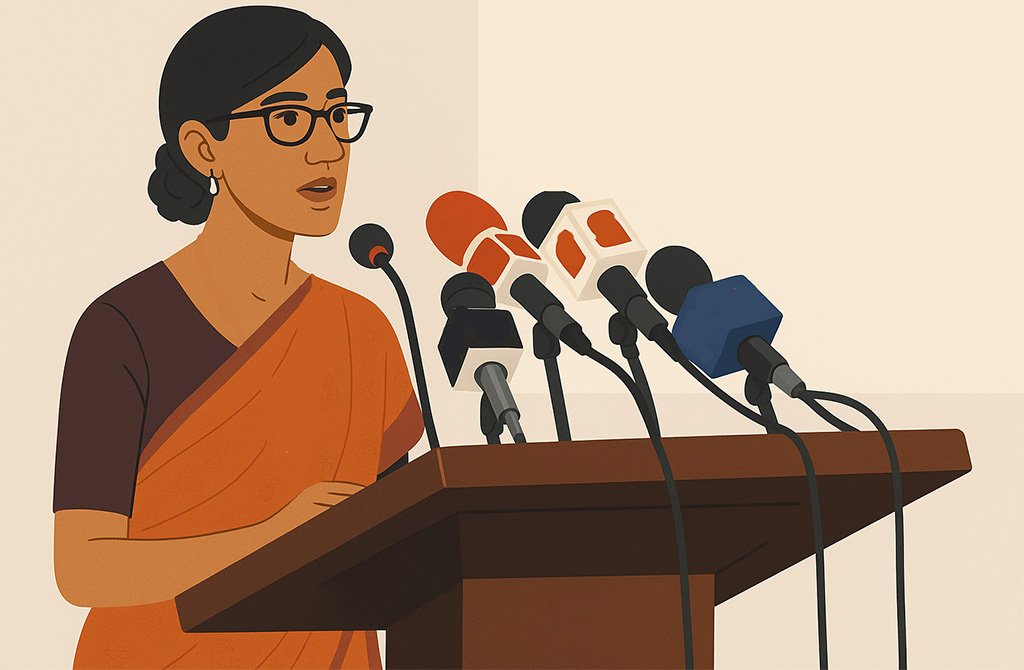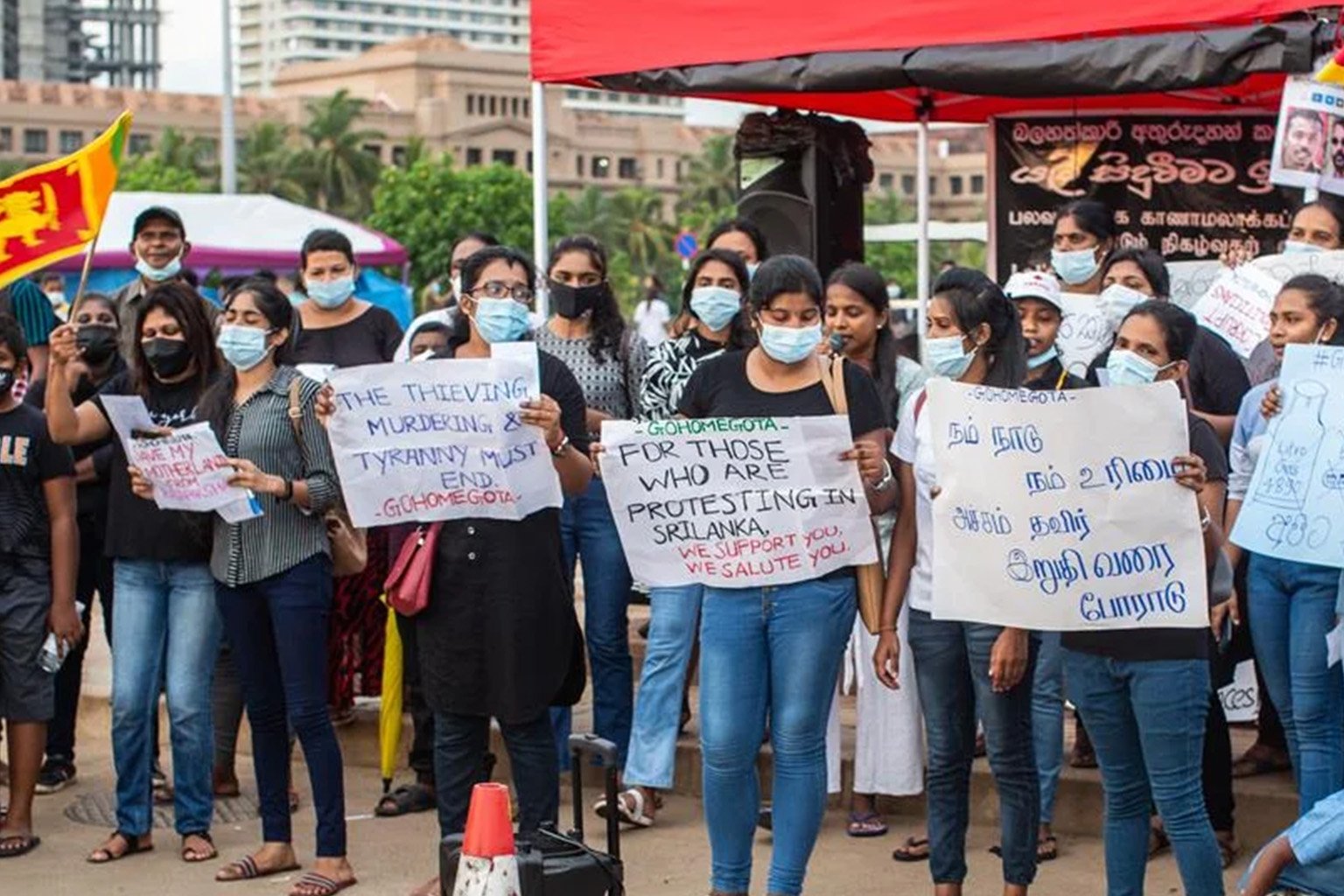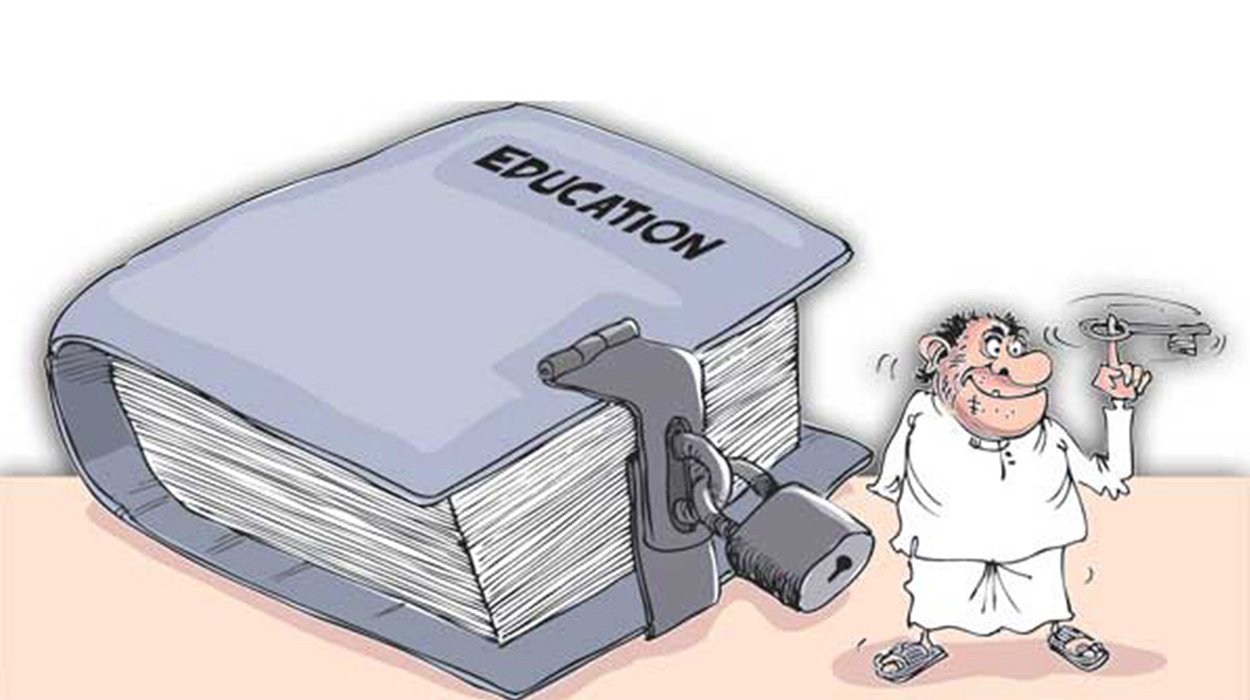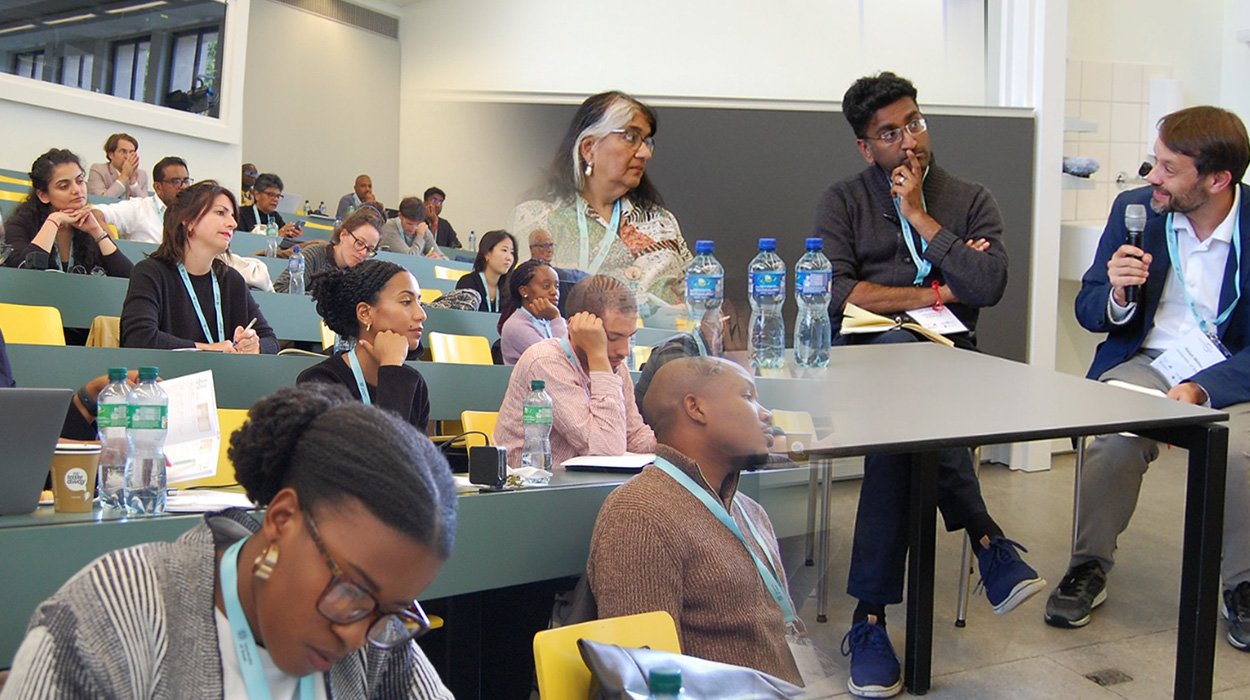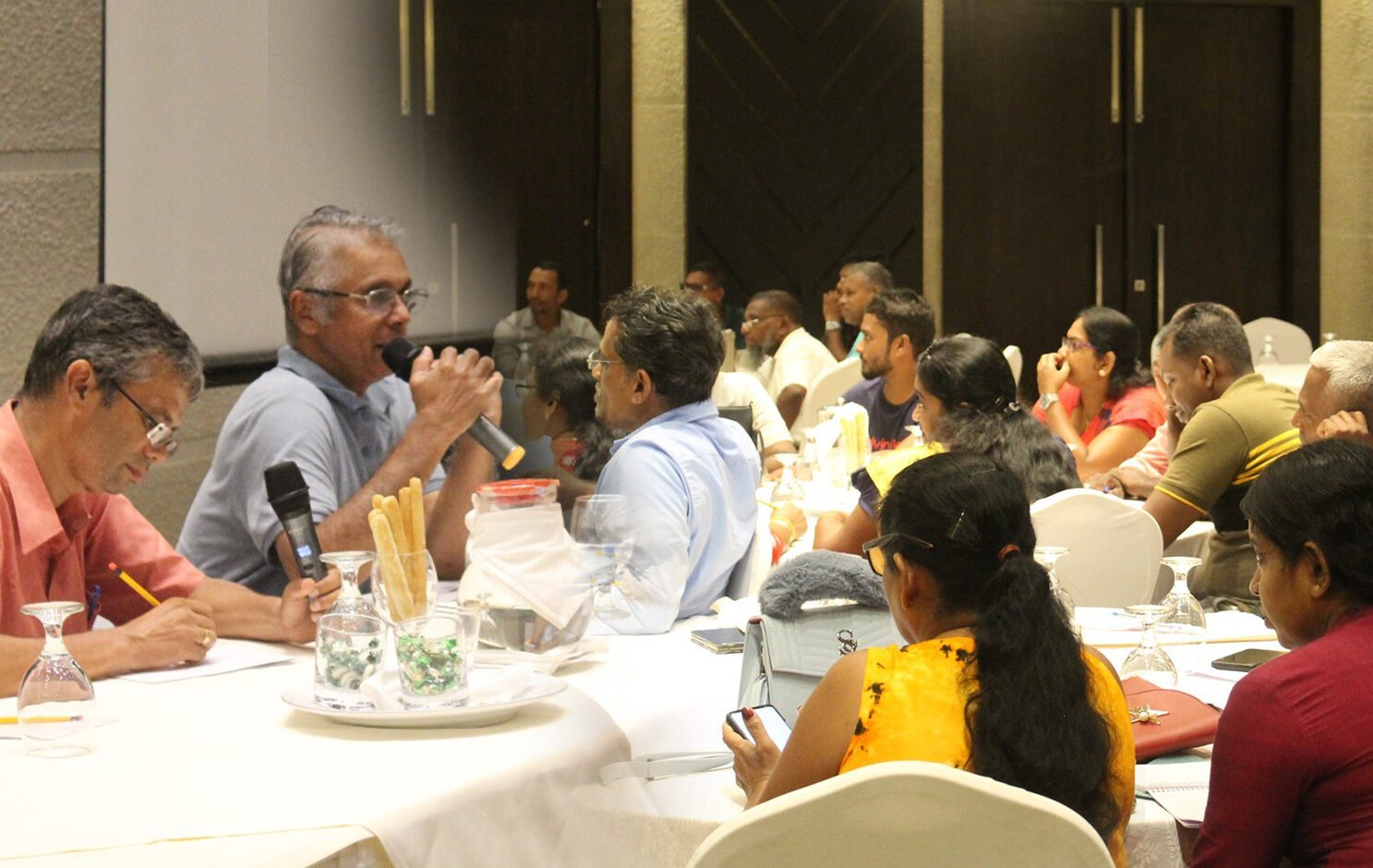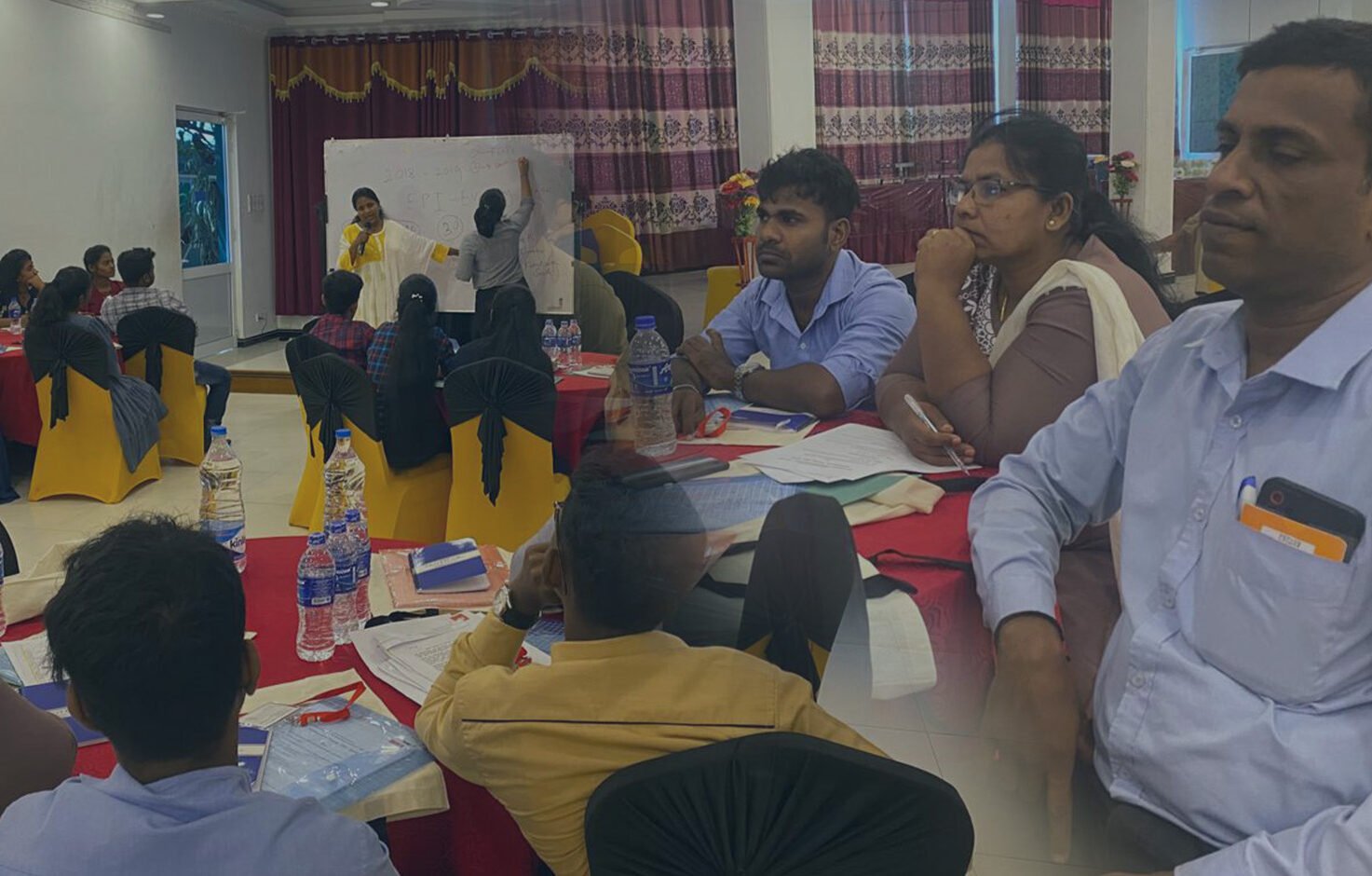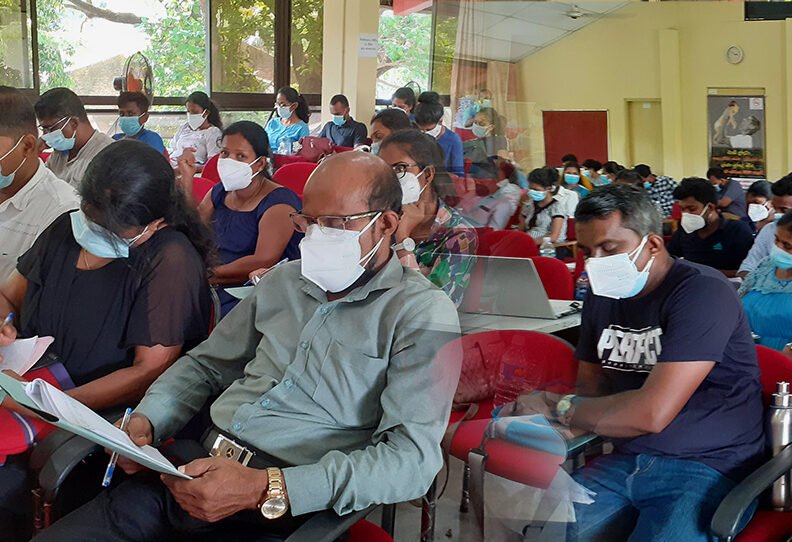Projects
Exploring Campaign Finance Barriers for Women in Politics
Funded by Transparency International
Project Period – 9th July 2025 to 9th September 2025
SSA is conducting a qualitative study on the campaign finance challenges faced by women candidates in Sri Lanka, with a particular focus on those from minority communities. Through in-depth interviews and key stakeholder consultations across selected districts, the study examines how structural, institutional, and cultural barriers hinder women’s access to political financing. By documenting lived experiences and developing detailed case studies, the project aims to inform policy advocacy efforts toward more equitable and inclusive political participation.
Photo Credit: Sharni Jayawardena
Mapping Feminist Activism in Sri Lanka, In and Beyond the Aragalaya/Porattam
In Partnership with the Rosa-Luxemburg-Stiftung
Project Period – 1st March – 31st August 2025
The Social Scientists’ Association is investigating and mapping contemporary left feminist activism in Sri Lanka. The research aims to achieve this through reflective conversations and interpretive commentary with a range of women of diverse classes, ethnicities, sexualities, and geographical locations. In addition to this, the project seeks to digitise and construct an archive that records and preserves women’s engagement in the 2022 people’s movement and struggles before and since.
Copyright: Awantha Artigala, Daily Mirror Sri Lanka
Academic Freedom in South Asia
Funded by the International Institute of Education
Project Period: From November 2024 – ongoing
The Social Scientists’ Association of Sri Lanka, together with the International Institute of Education, has initiated a project on Academic Freedom across South Asia. Academic freedom is broadly defined as the freedom to research and teach, the freedom to engage in academic and cultural expression and dissemination (both intramural and extra-mural) and institutional autonomy which underpins these attributes. However, if academic freedom is to be meaningful, it must also address the conditions under which academic life can flourish, including equality of access. Neoliberal ‘reforms’ in education, budget cuts, precarity of employment, increased student fees, or the monopolies established by the academic publishing giants are all threats to academic freedom. This project seeks to understand what academic freedom means to different constituencies, and how, when and where academic (un)freedom operates. The project will conclude with a special issue journal featuring several research projects on the status and challenges of academic freedom in the South Asian context.
“Reversing the Gaze”: Towards Post-Comparative Area Studies, Expanding the Ontologies of Democracy: Patronage Politics in Sri Lanka
Project Period: From 1 October 2023 – ongoing
SSA is coordinating a research project with the Department of Political Geography, University of Zurich to study politics of patronage and discourses of patronage as part of a larger international academic collaboration titled ‘Reversing the Gaze: Decolonizing Political Theory’. Reversing the gaze is a key strategy by which the project decenters the global north as the historically assumed epicenter of democracy and good/ democratic governance, to center the global south and what we may learn from how democracy is imagined and practiced in societies of the global south for a revitalized theory of democracy in general. In addition to the facilitation of the research study, SSA has been coordinating a number of seminars on the outcome of this project.
Impact of Climate Change on Food Security, Indebtedness, and Health in the Dry Zone of Sri Lanka
Funded by United Nations Development Programme
Project Period – From 1 October 2023 – 30 June 2024
Monash university in collaboration with the SSA conducted a study on how climate change affects the debt level and health status and health outcomes of agrarian communities, what health services are currently available and the community’s access to these health services and the type of health programs and strategies that would help minimize existing health risks arising from the nexus of debt, climate change and health. Using both quantitative and qualitative approaches, the study provided valuable insights into the challenges faced by communities in the Anuradhapura and Puttalam districts.
Promoting Civic Education in Sri Lanka
Funded by the National Endowment for Democracy (NED)
Project Period: From 1 May 2023 to 31 May 2024
This project aimed to build knowledge and advance the dialogue around issues of democracy, peacebuilding, and reconciliation among high school teachers and high school students. SSA trained 36 high school civics education teachers in the Training of Trainers format on incorporating ideas of citizen formation, rights, and responsibilities in a practical manner in their classrooms. Topics included multiculturalism and key social movements and were covered in a 4-day residential training to foster cohesion and collaboration among the diverse teachers. The 36 teachers consisted of 18 Sinhala medium and 18 Tamil medium civics education teachers at the Ordinary Level in Galle, Matara, Hambanthota, and Ampara, with a mix of teachers who had participated in previous SSA programming and those new to its network. As part of those trainings, SSA staff then worked with the teachers to craft their own practical programs to be implemented in their respective schools, reaching at least 1,260 Ordinary Level students in the 36 classrooms. SSA staff guided the teachers from the conception of ideas to execution in the schools and provided feedback and support along the way.
Everyday Indicators of Reconciliation and Social Cohesion in Sri Lanka
Funded by the United States Institute of Peace (USIP)
Baseline Study – August 2018 to May 2019
Endline Study – July 2023 to January 2024
The SSA and Everyday Peace Indicators (EPI) worked together to explore the beliefs, narratives, and ideologies that demonstrate the perception of effective peace and reconciliation in Sri Lanka. In 2018/19, SSA conducted the baseline study for USIP by collecting data from 30 communities in Sri Lanka to develop peace indicators. The field research team led focus group discussions in each village and in these focus groups, community members discussed the signs they use and look for in their communities to judge whether or not they are more or less reconciled or that there is more or less social-cohesion. A questionnaire was designed based on these indicators and a survey was conducted. In 2023, SSA conducted the final endline survey and as a result re-surveyed 18 communities using the 2019 indicators and the new indicators generated by the EPI team where they have conducted Focused Group Discussions (FGDs) and generated new instruments in 2023. The information from this project was used to inform one of USAID’s large reconciliation projects, SCORE – it is intended to help them design a project that is well informed by how the local communities themselves view reconciliation.
An Assessment of Political and Civic Rights of the LGBT Community in Sri Lanka
Funded by: Government of Canada (implemented by EQUITE Sri Lanka)
Project Period: August 2023 – January 2024
This project aimed to create an advocacy tool by quantifying the civic and political engagement of the LGBT community. Through a data-driven approach, it evaluated multiple facets of their lives, including political participation, interactions with legal systems, engagement with governmental institutions, possession of identity documents reflecting chosen gender, registration within local divisions, access to welfare benefits, experiences in education and employment, housing accessibility, public facility use, and possession of permanent residence.
By translating these insights into tangible data, the project strived to catalyze policy discussions, address inequalities, and foster a more inclusive society that honored the rights of all citizens, regardless of their sexual orientation or gender identity.
Youth as a Catalyst for Political Change (under the Increasing Demand for Engagement and Accountability program)
Funded by – Management Systems International, United States Agency for International Development
Project Period: November 2021 – December 2023
The island-wide survey ‘Youth as a Catalyst for Change’ aimed to assess youth perspectives on politics in general. The overarching goal of this study was to understand the youth’s attitudes and expectations towards democratic politics in the country. The in-depth understanding of youth politics that this study provides, complements programming efforts undertaken by the Social Scientists’ Association in enhancing political literacy, and political participation of youth. Furthermore, one of the main objectives of this study was to contribute to civil society efforts in enhancing youth participation in democratic politics and thereby improve the quality of democracy in Sri Lanka.

